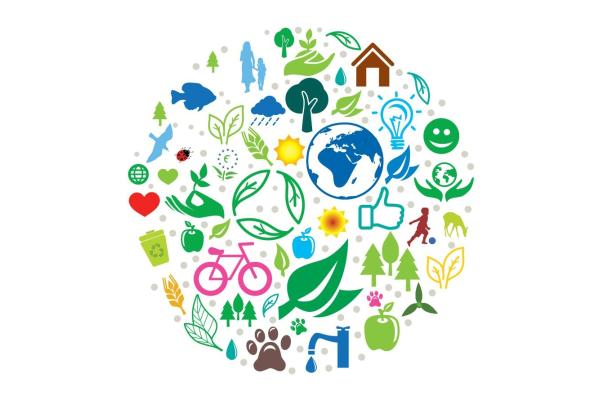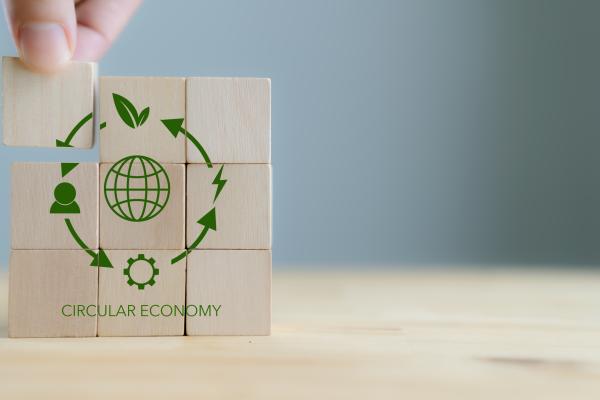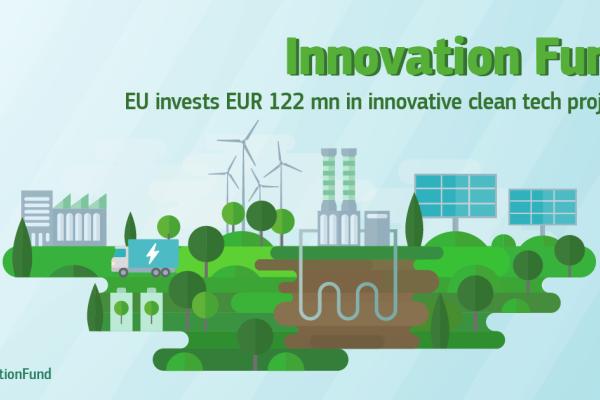Overview
Economic and environmental objectives are often perceived as being contradictory. This perception is wrong – the economy and the environment can go together. For example, it is estimated that half of global GDP depends on nature.
Economics often searches for ways to deal with scarce resources. It can therefore be useful when shaping environmental policy. Including economics in our approach to environmental issues ensures that the benefits of environmental measures outweigh their costs. For example, with the use of market-based instruments, environmental goals can sometimes be reached more efficiently than with traditional command and control regulations.
The Commission’s Better Regulation agenda ensures evidence-based, transparent EU law-making based on the views of those impacted. Better Regulation practices are based on the principle of considering economic, environmental and social impacts together.
Greening the European Semester
The European Semester is a mechanism to better coordinate economic and social policies in EU countries. EU economies are highly integrated. The European Semester is therefore based on the idea that enhanced policy coordination can help boost economic development in the EU.
'Greening the European Semester' is about ensuring that our macroeconomic policies are sustainable – economically, socially and environmentally. It is an opportunity to show that the environment is part of the solution to the economic and financial crisis and that our macroeconomic instruments can support environmental objectives.
Environmental policies can contribute to sustainable economic recovery and jobs growth in many ways. Examples include improved resource efficiency, a circular economy and environmental fiscal reform, such as tax shifts from labour to environmental pollution.
Specific policies
Integrating sustainability into the EU’s financial policy.
An initiative to develop indicators focusing on environmental and social progress.
Tools
A portal exploring the different types of environmentally harmful subsidies across EU countries.
A toolkit presenting economic instruments used in the EU to make polluters pay.
Voluntary instrument to help public authorities procure goods, services and works with a reduced environment impact.
Studies
A broad range of studies have been undertaken on the topic of environment and economics. The results and final reports are accessible below:
1. The economics of environmental policy
2. Green growth, jobs and social impacts
3. Resource efficiency
4. Circular economy
5. R&D; and eco-innovation
6. Green and sustainable finance
7. Market based instruments





